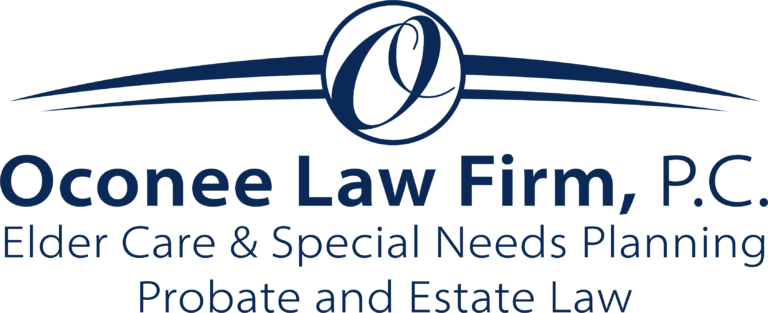With the threat of COVID-19, we’ve all come face-to-face with our mortality. However, are you prepared for the worst?, asks KSAT in its January 23 article entitled, “Important documents you need to have handy in case of an emergency.”
A consumer report recently found that just 7% of those ages 19 to 29 have an advance directive for health care emergencies, and even fewer have a will. Estate planning is one of the most worthwhile things we could do for ourselves or our loved ones.
The article explains that your estate is everything you own, and if it’s not protected, it could be taken away from your loved ones.
An extremely important document to have, in addition to a will, is a living will and a healthcare proxy or power of attorney. These documents let you designate the individual who will make decisions on your behalf, if you cannot speak for yourself.
In addition, a HIPAA authorization permits an individual you trust to speak with your healthcare staff and receive your personal medical information.
Another key document is a financial power of attorney. This empowers you to designate an agent to handle your debts, contracts and assets. A financial power of attorney must be signed and notarized.
You should also consider payable on death and transfer on death designations, which transfer assets to designated beneficiaries without probate.
It is important to conduct a digital asset inventory to list your entire online presence and include all accounts, logins, passwords, social media, and professional profiles, and most importantly, a list of everything you have on autopay.
Last, you need a last will and testament. This lets you to name an executor or personal representative to handle your postmortem affairs. However, a last will does not keep assets out of probate.
One last note: you can prepare a personal property memorandum to list the beneficiaries of any sentimental, non-monetary items.
Reference: KSAT (San Antonio) (Jan. 23, 2021) “Important documents you need to have handy in case of an emergency”
Suggested Key Terms: Estate Planning Lawyer, Wills, Probate Court, Inheritance, Capacity, Guardianship, Executor, Personal Representative, Letter of Last Instruction, Power of Attorney, Healthcare Directive, Living Will, HIPAA Waiver, Probate Attorney, TOD (Transfer on Death), POD (Payable on Death), COVID-19 (coronavirus)

